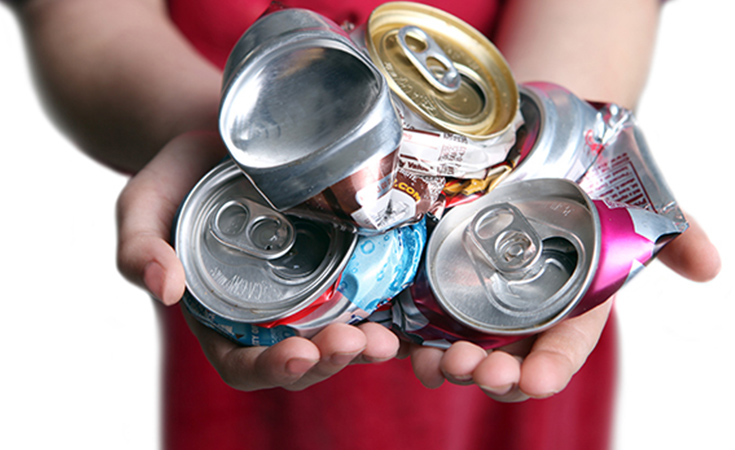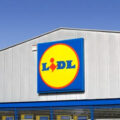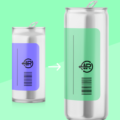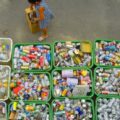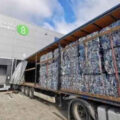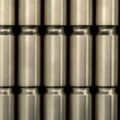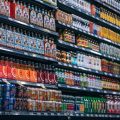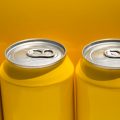The implementation of an efficient, accessible and beneficial Deposit System for everyone in Spain will soon begin, for which it is convenient to keep in mind the agenda of the most immediate events. We have to wait for the November 22, 2026 to return to stores and supermarkets plastic bottles, water cans and briks, juices, soft drinks and energy drinks, beers and other alcoholic beverages and thus recover the deposit previously left by the container.
At the same time, in these two years the Ministry must work to include glass bottles in the system as an essential step to generalize the use of reusable containers in stores and supermarkets.
The deposit, by law, will have to be at least 10 euro cents, but the amount has not yet been decided. Consumers are guaranteed their money back.
Complementary: The sale of beverages with deposit for subsequent return to stores and supermarkets is a complementary practice with the container system, the door-to-door system or any other option. For example, yellow will continue to work for bottles of personal hygiene or cleaning products, tin cans, oil bottles, etc.
The return will be manual or automatic. Each store will decide how to do it, with or without automatic return machines, and will charge an economic amount for each container it handles. The return process should prioritize accessibility and ease so that everyone can return their containers quickly and easily.
Why waters, beers, juices and soft drinks? It is estimated that of the 50 million beverages sold every day in Spain, more than 4million are consumed abroad. Cans and bottles are the most commonly found abandoned on streets, verges or beaches.
Are people going to participate? All surveys conducted in Spain and in other countries always show a high level of participation. citizen support for this practice is over 80% and the average return rate of packaging in European countries with a deposit system is 90%.
This practice has no cost for the state or regional administrations and generates savings for municipalities by reducing the amount of cans, bottles and briks that have to be cleaned or sent to landfills or incinerators.
The government only legislates. Producers and supermarkets are in charge of designing, managing and paying for the system to reach the 90% target of separate collection of plastic beverage bottles set by law by 2029. In addition, with the Deposit System, producers cover 100% of their legal responsibility to manage all the beverage containers they put on the market.
It reduces CO2 emissions by 50% related to the management of beverage container waste compared to the current system, partly through the use of reverse logistics. Trucks delivering beverages to the retailer, instead of returning empty, use these routes to transport empty cans, plastic bottles and briks.

